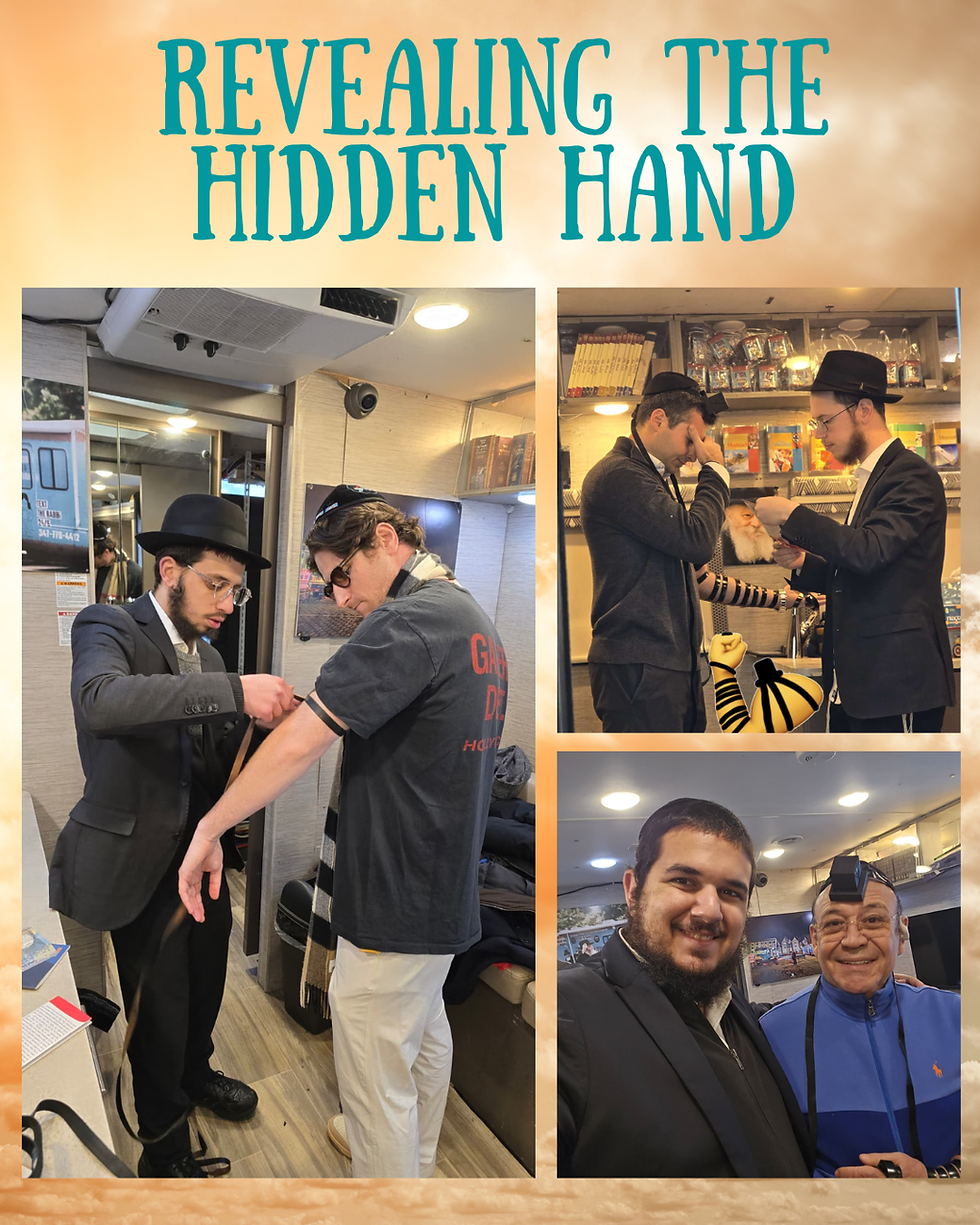Whole Heartedly
- Yehuda Pevzner
- Sep 8, 2025
- 2 min read
Ki Savo means “when you enter,” as in the verse, “When you enter the land which G-d…is giving you.” At which point, according to Torah, does “entering” occur? Do we say that as soon as a person puts his hand in a room he has “entered” it? Or does he have to put most of his body inside? Or can he only be said to have “entered” when his whole body is in the room?

Similarly, at which point has a nation considered to have entered a land? When the first few people arrive? Or do they all have to arrive and settle before we can say they have truled entered?
The Talmud answers: “Partial entry is not considered entry” (Chullin 33b). Likewise, Rashi explains at the beginning of our Parsha that, “when you enter the land,” refers to the time when, “they conquered the land and divided it.”
This teaches us a powerful lesson in daily life: that we should “enter” ourselves totally and wholeheartedly into everything that we do for G-d.

When a person becomes fully immersed in what he is doing, there is not merely a quantitative improvement in his actions (how much he is involved), but a qualitative change, which radically affects the manner in which he is involved.
By way of illustration: when the soul enters the body to bring it to life, there is a total “entering,” such that soul and body become one. Now, the body is alive too. It is not merely enlivened by the soul; it has actually become alive itself, because the soul has entered the body totally, such that the soul and body are truly one.
And that is the lesson from Parshas Ki Savo: We should “enter” into every mitzvah that we perform, and every act with which we serve G-d. Then our observance of Judaism will become alive – literally.
Wishing you a Shabbat Shalom!
Candle lighting time: 6:51 PM (NYC)
.png)








Comments